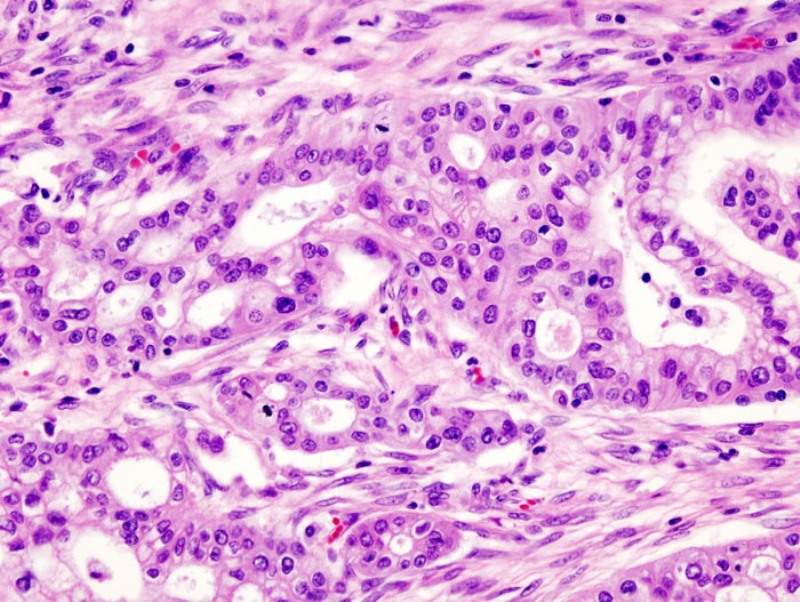
OSE Immunotherapeutics has received approval from French National Agency for Medicines and Health Products Safety (ANSM) and French Central Ethic Committee (CPP) to begin a Phase II trial assessing the combination of tedopi and opdivo (nivolumab) against folfiri for the treatment of advanced / metastatic pancreatic cancer.
Tedopi is developed by OSE and features a combination of ten neo-epitopes selected and optimised from five tumour associated antigens.

Discover B2B Marketing That Performs
Combine business intelligence and editorial excellence to reach engaged professionals across 36 leading media platforms.
Bristol-Myers Squibb’s opdivo is an immune checkpoint inhibitor, while Folfiri is a combination chemotherapy with folinic acid, fluorouracil and irinotecan.
The trial is known as TEDOPaM and intends to feature three arms.
It is expected to enrol human leukocyte antigen class 1 histocompatibility A-2 (HLA-A2) patients with stable disease following four months of standard chemotherapy with folfiri.
Oncology group Gercor will sponsor the TEDOPaM trial, which will receive parts of its funding from OSE.

US Tariffs are shifting - will you react or anticipate?
Don’t let policy changes catch you off guard. Stay proactive with real-time data and expert analysis.
By GlobalDataGERCOR president Christophe Louvet said: “Pancreatic cancer is an indication where we feel that a neoepitope-based therapy in combination with a PD-1 checkpoint inhibitor has great potential.
“We hypothesise combining tedopi and opdivo will help stimulate cytotoxic T-cells and potentiate overall anti-tumour effects.”
Tedopi is currently being evaluated in a separate Phase III trial to treat non-small cell lung cancer (NSCLC) after checkpoint inhibitor failure.
OSE Immunotherapeutics CEO Alexis Peyroles said: “Exploring the potential of tedopi in additional oncology indications has been an important goal for us.
“We are particularly excited to be entering pancreatic cancer, an aggressive disease with a generally poor prognosis, demanding for novel therapeutic approaches and representing significant unmet medical need.
“We hope TEDOPaM will validate that combining tedopi with a PD-1 checkpoint inhibitor has potential as a successful new therapeutic strategy for patients suffering from this devastating form of cancer.”





